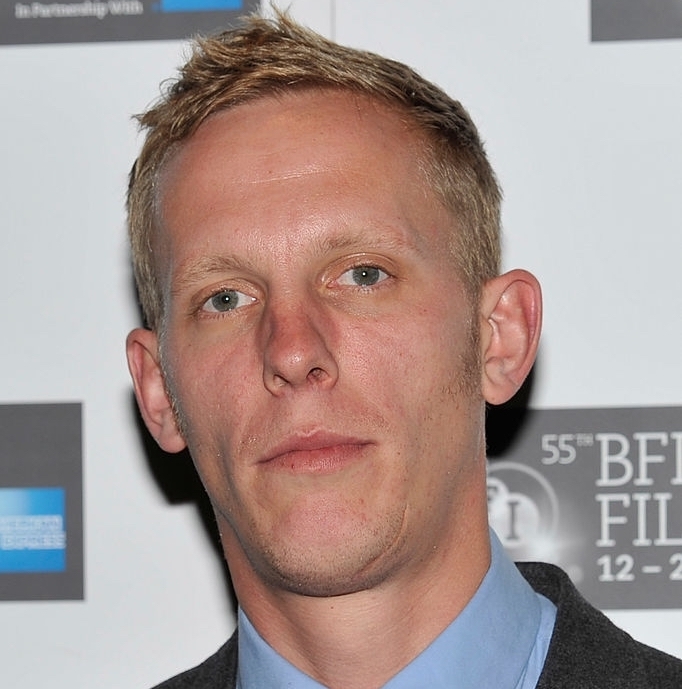A small victory for common sense was chalked up this morning when actors’ union Equity apologised for denouncing the anti-woke actor Laurence Fox. After Fox’s appearance on Question Time in January – in which he scandalously suggested that maybe Britain isn’t a rotten, racist country that had driven out the wonderful Meghan Markle – the Twitter account of Equity’s minority ethnic members committee denounced him as a ‘disgrace to our industry’.
The tweets were later deleted, and Equity has now said they were a ‘mistake’, clarifying that it had never intended to suggest that Fox ‘should be denied the ability to work’ over his opinions. That an actors union even had to clarify this is a neat reminder of how deep woke intolerance runs in the creative industries. Just peruse the responses to Equity’s statement on Twitter and you’ll see what I mean. All the members of Equity’s minority ethnic members committee – since renamed the race equality committee for some reason – have also resigned in protest.
Fox isn’t the only person to be blasted for daring to stray from the narrow PC script that is now apparently mandatory within arts and culture. Despite making a career out of saying outrageous and sometimes odious things, Morrissey has finally been declared persona non grata in recent years, as his comments on everything from Brexit to Diane Abbott to Kevin Spacey have launched a thousand think pieces.
Even his old Smiths bandmate Johnny Marr has had a pop at him. And Moz’s support for anti-Islam party For Britain – he claims they have the best animal-rights policies – led Spillers Records in Wales, the world’s oldest record store, to ban his music altogether.
Morrissey’s fans are, of course, so devoted that none of this will really touch him. But the real threat in all this is to those who aren’t famous and just trying to make a crust in the arts world, many of whom will be nowhere near as out-there in their views, but still find themselves punished for what they happen to think.
The worlds of music, publishing and film have skewed liberal-left for as long as anyone can remember. But room for dissenting opinion appears to be shrinking. A recent survey found 80 per cent of arts workers agreed that those in the sector who share controversial opinions risked being ‘professionally ostracised’.
Take the case of Gareth Roberts, a former writer on Doctor Who. Last year his entry into a BBC Books anthology of Who stories was removed due to his comments on social media about transgenderism. (Roberts, like most people, happens to believe biological sex is still a thing.)
Ebury publishing, which was putting out the anthology, said his ‘offensive language’ had ‘caused upset to Doctor Who fans and conflict with our values as a publisher’. Roberts’ contribution had nothing to do with trans issues at all, so the publishers were essentially saying that him expressing ‘offensive’ views in his own time disqualified him from ever being published with them. Remarkably, another of the anthology’s contributors appeared to have been agitating for Roberts to be dropped, and celebrated on Twitter after the news broke. As in our universities, a key dynamic in arts-industry censorship seems to be a willingness among some to rage against or snitch on their colleagues.
Laurence Fox, some say, is no victim. He’ll be okay. But while I’d be very surprised if he hadn’t lost work over his recent notoriety, that almost isn’t the point. The culture that turned him into a hate figure is deeply unhealthy. For saying things that a hell of a lot of people think – namely, that white privilege is bogus and maybe ordinary people aren’t as racist as some would have us believe – Fox has been treated like some sort of professional leper. We need more people to come out fighting and hold the line, as he has. Because there are many, many more people in the creative industries who don’t have the fame or the resources to do so themselves.







Comments